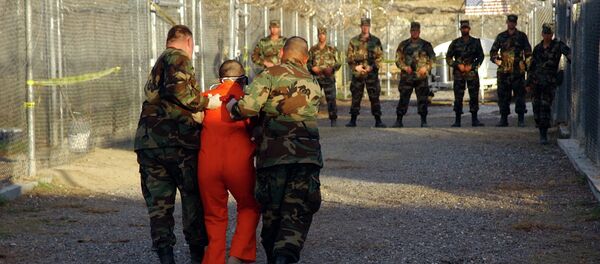“The report released by the CIA Accountability Board, which recommended no accountability for wrongdoing by CIA personnel, contains many mistakes and omissions,” Feinstein, who led the Senate investigation into the CIA’s torture practices, said.
The CIA accessed a Senate Select Committee on Intelligence (SSCI) computer network without authorization, Feinstein said, “in clear violation of a signed agreement between the committee and former [CIA] Director Leon Panetta.” That violation is in contravention of the constitution, the senior senator said, calling for somebody in the agency to be held accountable.
The CIA’s internal review found Senate staffers may have gained access to classified material they were not authorized to read, prompting the agency at times to conduct an investigation into security breaches.
The agency’s accountability board said at the time that monitoring is standard procedure on classified networks, as a security and counterintelligence measure. The report did find the agency “inappropriately” viewed five emails that did not discuss “substantive matters in content” and was the result of “communication failure."
Feinstein responded on Tuesday with a list of 15 errors and omissions in the CIA report ranging from false analysis to “absurd” arguments to justify the agency’s actions.
Contrary to CIA claims that there was no formal understanding between the agency and Senate over access to secure SSCI computer network, Feinstein said the CIA had exchanged formal letters as early as 2009, limiting the CIA’s access the computer network. Feinstein also accused the agency of doing a keyword search of senate staffers’ emails that was not limited to five emails, as claimed by the CIA.
Senator Feinstein first accused the CIA last year of spying on Senate staffers, investigating the agency’s torture practices. Feinstein’s assertion was based on a July 2014 report by the CIA’s inspector general, which found CIA officers illegally reading emails of Senate staffers and sent a criminal request to the Justice Department, relying on incorrect information.
In December, SSCI released a torture report that documented enhanced interrogation techniques used by CIA agents authorized by top-level US government officials in the period after September 11, 2001. Methods of interrogation, described in the report, include waterboarding, mock executions, prolonged sleep deprivation, threat of sexual abuse, threats against family and others.
Over a period of five years, the SSCI compiled information in a specially designated and secure CIA site in Virginia that led to the report. The 500 page version released to the public was thoroughly redacted by the White House, the US intelligence community, and the SSCI.





